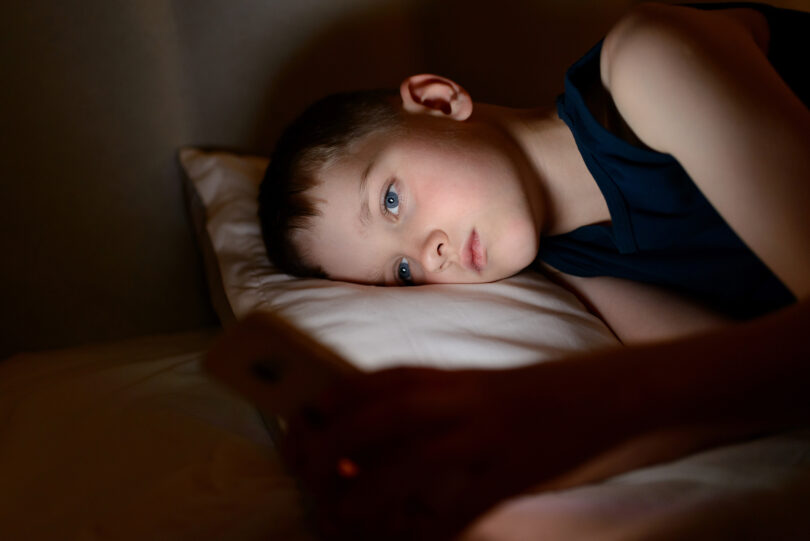Lockdowns and economic stress have contributed to the rise of child abuse and neglectful parenting behaviors during the pandemic, with an increase in family violence reported in multiple studies.
University of Georgia researchers have shown elevation in pandemic-related family stress intensified the negative impact of child maltreatment on sleep problems among boys.
No significant associations between adverse parenting and sleep were found for girls, suggesting girls showed more resilience in this study.
“Sleep is an essential bio-regulatory process that restores and supports cognitive functioning,” said Linhao Zhang, a doctoral student in the College of Family and Consumer Sciences who conducts her work in the college’s Youth Development Institute at UGA. “Adolescence is a period of vast bio-psycho-social developmental changes. Poor sleep can negatively affect neural development, resulting in impairments in critical cognitive functions such as memory formation, learning and executive functions.”
With support from the National Institutes of Health, YDI researchers collected longitudinal data on adverse parenting, family stress and youths’ sleep quality from 124 rural families, including adolescents and their primary caregivers.
Boys are less likely to reach out for help. And in the pandemic, health professionals or teachers were not as available as before the pandemic, which may exacerbate boys’ stress.” —Linhao Zhang
Data collection took place prior to and during the first months of the pandemic.
Adverse parenting can be divided into two dimensions: threat and deprivation.
The threat dimension includes physical and emotional abuse because these parenting behaviors constitute acts of commission that often result in significant danger to the child.
Deprivation involves acts of omission such as physical and emotional neglect that deprive youth of primary care and fundamental physical and emotional needs.
Data revealed that deprivation directly predicted increased sleep problems among boys during the pandemic. Additionally, pandemic-related stress in the family intensified the effect of adverse parenting, both threat and deprivation, on boys’ sleep problems, but showed no significant impact on the girls in the study.
Zhang speculated the stigma of seeking help for mental health and coping mechanisms among boys might explain the gender differences in sleep problems during the pandemic.
“Boys are less likely to reach out for help,” she said. “And in the pandemic, health professionals or teachers were not as available as before the pandemic, which may exacerbate boys’ stress. Another thing is a lot of times boys tend to cope with stress with some physical activity, and because of quarantines, they had fewer opportunities.”
Previous studies have detailed the negative impact of pandemic-related stress on families, including how lockdowns have contributed to feelings of heightened anxiety, depression and social isolation.
Rural families may be especially susceptible, Zhang said, due to lack of access to mental health services and physicians.
“Pandemic stress is unique because there’s a lot of uncertainty for the future,” Zhang said. “Uncertainty can impact adolescents’ socioemotional adjustments and their attitude toward the future.”
Zhang said the findings are relevant for future interventions designed to help boys cope with stress.
“This research shows the urgency to provide coping strategies and resources that mitigate family and adolescent stress and attendant sleep problems while considering how this unique pandemic-related stress might influence boys and girls differently,” she said.
The paper, “Family stress during the pandemic worsens the effect of adverse parenting on adolescent sleep quality,” appears in the January 2022 issue of Child Abuse & Neglect.
Zhang, a second-year doctoral student in the FACS department of human development and family science and member of the Youth Development Institute, is first author. Additional authors are Jeri Sasser from Arizona State University and Zehua Cui, Cory Carvalho and Assaf Oshri (senior author and principal investigator) from UGA.
The paper can be viewed here: https://www.sciencedirect.com/science/article/abs/pii/S0145213421004592









